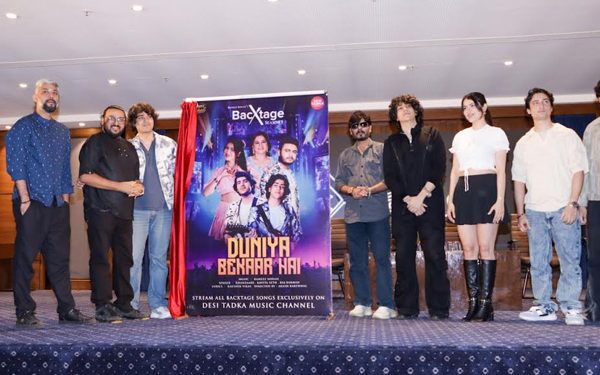NEW DELHI: Information and Broadcasting Secretary Raghu Menon today announced that the Government wanted that the Central Board for Film Certification should truly be a certification and not a censorship body.
In the proposals finalized by the Ministry, he said the aim was that the CBFC should only be certifying films according to suitability of age groups and not spending time in removing scenes or insisting on cuts.
Noting that the government may finalize its views on foreign direct investment in the media over the next month, Menon said it was clear that it could not be uniform across all sectors of the media as recommended by the Telecom Regulatory Authority of India.
Addressing a session on â€?Regulatory Challenges and the New Media’ at the CII meet on Content, he said while digitization had changed the whole media, globalization threatened existing cultures.
Unregulated and inappropriate content was therefore a major challenge that needed to be tackled. This subject has been on the public platform since 1997 and various Bills like one on convergence have lapsed because of disagreement among stakeholders.
The self-regulations models adopted by the NBA and the ASCI had worked well, but the largest complaints that the government received were related to general entertainment channels. He therefore hoped that the proposal put forward by the IBF and accepted by the Government can be approved and put into operation soon.
While stating that the Government had framed its own roadmap on digitization and sent it to the TRAI which had earlier framed its roadmap, he said there would probably be a Monitoring Committee which would oversee the implementation of digitization.
Referring to the expansion of FM Radio and Phase III, he said the consideration before the Group of Ministers had been to ensure a level-playing field rather than revenue. He hoped that the plan formulated for auctioning of Phase III stations which would take radio to the next level covering all cities having populations of over 100,000 through over 800 stations against 245 at present would be operationalized soon.
The Government was also considering a report received from a Committee of Technical Experts on Mobile Television. The Government was also working on amendment of the Cable TV Networks (Regulation) Act 1995 to bring it in tune with present technology.
Referring to the slow growth of both IPTV and HITS, he said digitization was bound to help these sectors.
He said digitization would be cheaper and give better quality, but there was also a fear that any work could be tampered with and falsified. This naturally leaves copyright holders worried.
Dr J S Sarma, Chairman of TRAI, said it was necessary for media companies to re-invent themselves along with the advent of new media. He referred to print media companies becoming multi-media companies.
Answering a question about the National Broadband Plan, he said the aim was to reach out to all gram panchayats by December 2012 and the rest of the country by December 2013.
G. R. Raghavender, Director and Registrar of Copyrights, said new media like You-Tube had thrown up new challenges.
Without divulging details, he said the Human Resource Development and the Information and Broadcasting Ministries had circulated a legal paper for resolving the copyright issue between radio channels and holders of copyright for music. He said a meeting had been slated for early next week to discuss the issue.













